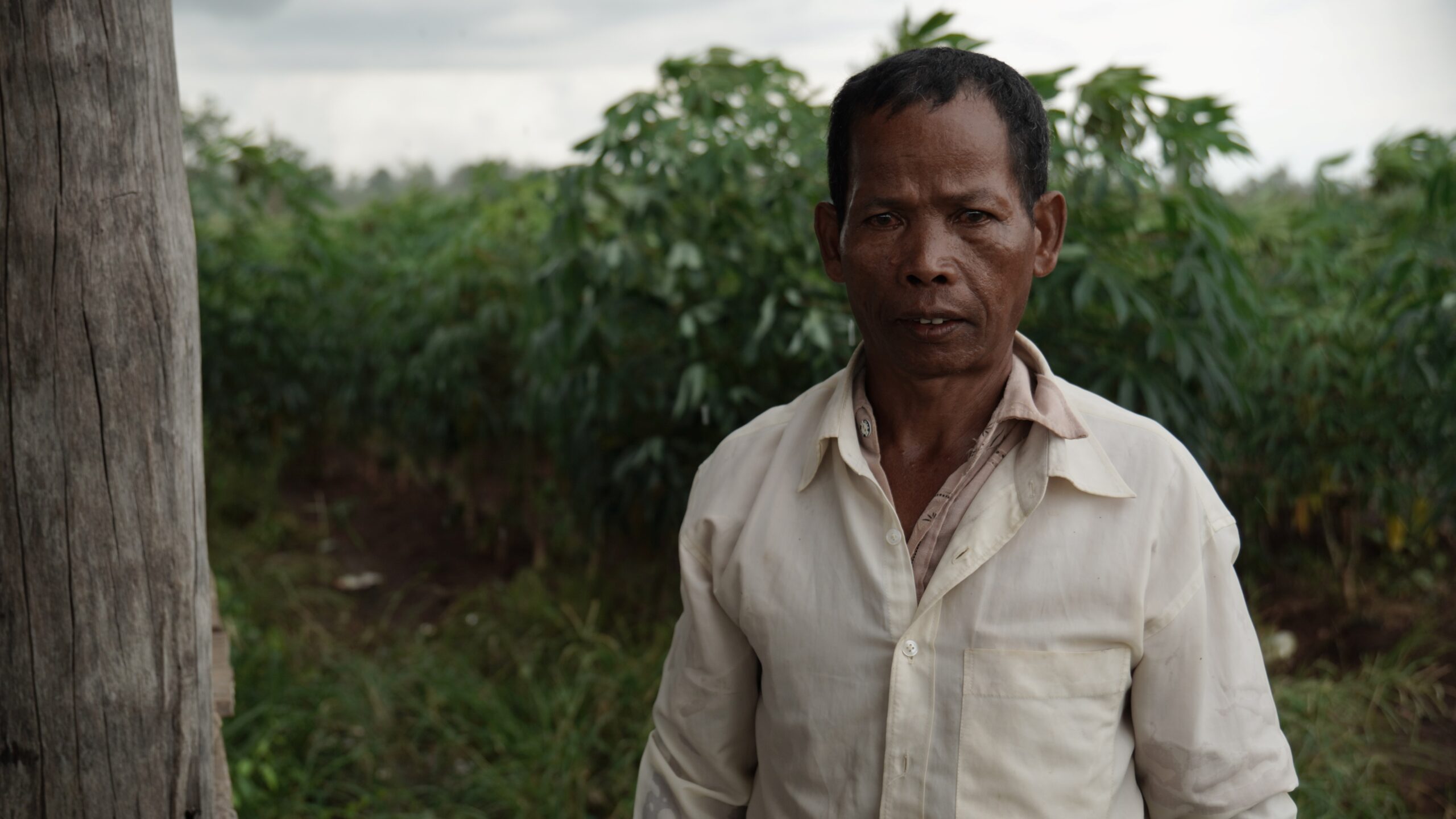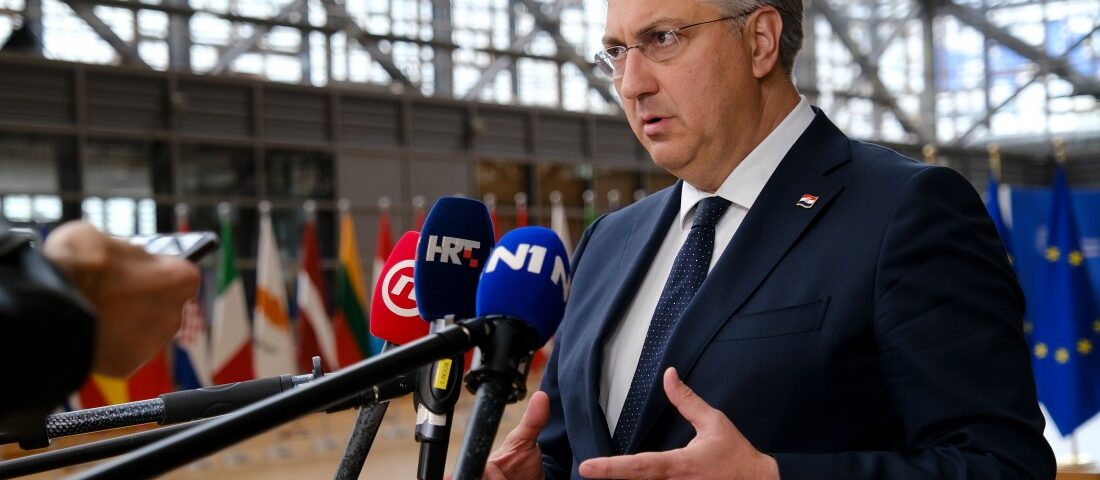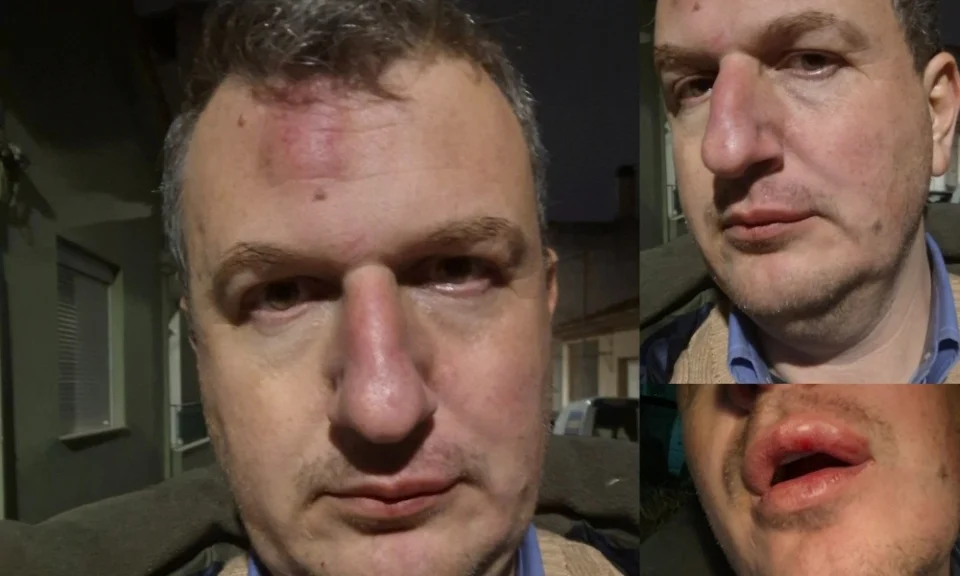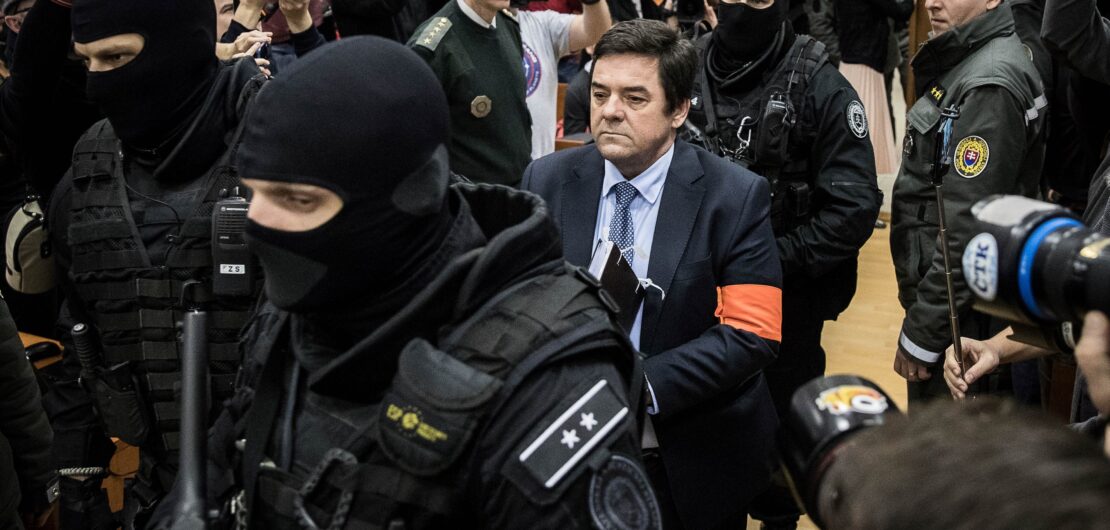
From Whistleblower to Accused: Cambodian Journalist Charged with the Crime He Exposed
September 24, 2024
Hong Kong Denies Entry to AP Photojournalist in Alarming Blow to Press Freedom
September 25, 2024September 25, 2024 – Croatia –
A recent press freedom mission by the International Press Institute (IPI) and the Media Freedom Rapid Response (MFRR) has found that Croatia’s media environment is under serious threat from entrenched political interference, outdated laws, and economic instability. While Croatia is an EU member and its constitution guarantees freedom of expression, the practical reality for journalists and media outlets is increasingly precarious.
One of the most pressing concerns is the misuse of defamation and insult laws. These criminal statutes are frequently used in strategic lawsuits against public participation (SLAPPs), designed to intimidate and silence journalists investigating corruption or criticizing powerful interests. The IPI report calls for urgent decriminalization of defamation and the adoption of anti-SLAPP legislation in line with EU standards.
Public media independence is another area of concern. Politically influenced appointments to regulatory bodies and state broadcasters have raised questions about impartiality. Coupled with a lack of transparency in state advertising practices—which often favor government-aligned media outlets—this has created an uneven playing field that undermines pluralism and trust.
Economically, journalists face low pay, unstable contracts, and heavy reliance on advertising revenue, which often pressures editorial teams to self-censor or avoid controversial topics. Investigative journalism suffers as a result, leaving public accountability weakened. Media ownership transparency, while mandated by law, remains poorly enforced, allowing concentrated and opaque control to persist behind the scenes.
The IPI and MFRR mission outlined several key recommendations: reforming media laws to align with the European Media Freedom Act, ensuring full transparency in state advertising and media ownership, strengthening labor rights and protections for journalists, and restoring the independence of regulatory institutions.
Despite these challenges, Croatia still maintains a vibrant core of independent media outlets. However, without structural reform, legal safeguards, and economic support, the country’s press freedom is at serious risk. As EU scrutiny increases, Croatia faces a pivotal moment to either safeguard its democratic media ecosystem or slide further into a climate of fear, censorship, and politicized journalism.
Reference –
Croatia: major challenges ahead to improve media freedom – ipi.media




